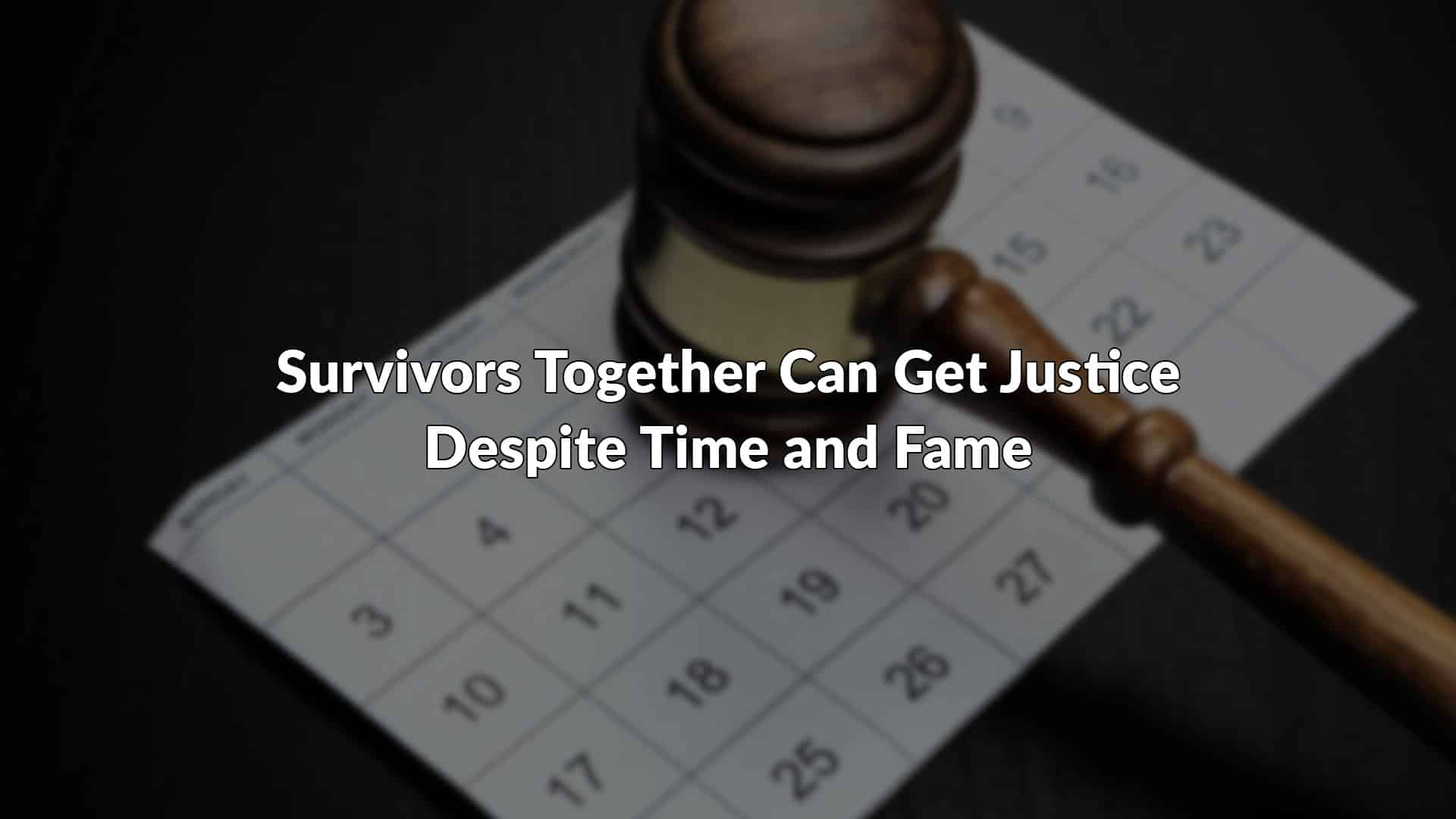The Amara Legal Center is advocating for the passage of a vacatur statute in D.C., which would greatly benefit survivors of human trafficking. Survivors of human trafficking often have criminal records for prostitution or other charges related to their trafficking. The only option regarding the removal of these charges that is currently available to survivors in D.C. is to seal records. However, sealing records does not give survivors complete relief under the law.
There are several important differences between sealing and vacating criminal records which impact survivors of trafficking on both legal and personal levels. In sealing a record, all records referencing arrests, charges, and convictions cease to be publicly available[1]. However, these records are still stored in a non-public file to which prosecutors, courts, and law enforcement agencies all have access.[2] The records can then be made available for “any lawful purpose,” including further investigations of offenses and potential employment with a government agency.[3]
Chapter 8 of the Criminal Code of the District of Columbia, which concerns criminal record sealing, does not appropriately meet the needs of trafficking victims seeking to expunge their criminal records. This statute states the lengths of the mandatory waiting periods before someone is eligible to seal records.[4] These extensive waiting periods include a minimum of two years after the termination of prosecution of a misdemeanor without conviction, and can reach up to ten years, depending on the category of offense and the conviction status.[5] Mandatory waiting periods are detrimental to trafficking victims who are barred from receiving certain benefits and services due to their criminal record. Additionally, this statute is not a good fit for survivors, as it is mainly invoked for cases in which DNA evidence has been used to prove innocence. Usually there is not any additional physical evidence. There is no actual evidence available in cases dealing with trafficking victims, and thus it cannot be used in trying to prove innocence of prostitution or other related crimes.
Access to basic benefits and public services is negatively impacted for D.C. residents with criminal records.[6] Potential employers can attain access to records, and it has been shown that the existence of a criminal record severely restricts one’s potential for obtaining employment.[7] Other civic benefits, such as serving on a jury, are also restricted for those in possession of a criminal record.[8] In D.C., public housing is often denied on the basis of a criminal record. The D.C. Housing Authority is allowed by law to reject housing applicants if it believes that an applicant’s criminal record cites an offense which indicates he or she would be a threat to the well-being of the community.[9] Recently, one of Amara’s partner organizations encountered such an issue. One of their survivors was denied public housing because of a prostitution charge. She was unable to obtain the housing she needed, simply because she had a criminal record due to this non-violent charge.
Vacating records is the best solution for trafficking victims seeking to clear their criminal records, which is why it is important for D.C. to adopt such a statute. Vacating entails finding the initial guilty conviction as void and removing all court documents and other traces of information that reference these charges. In addition to the removing of documents, the charges themselves are removed from one’s record. Vacating a conviction allows victims of trafficking to receive access to all benefits and services. Additionally, vacating records provides an additional security to immigrant victims of trafficking, as they can face deportation from the Department of Homeland Security and Immigration and Customs Enforcement, who still retain access to sealed and expunged criminal records.[10] As of 2014, there are 28 states that have passed at least partial vacatur statutes, with 18 of those states having full vacatur statutes.[11] New York’s law, which is the oldest, is particularly important as its scope has been expanded to allow for all non-violent trafficking-related offenses to be vacated, not just prostitution.[12] A law in D.C. that explicitly states that all non-violent crimes are eligible to be vacated would be greatly beneficial to trafficking victims in this city.
There are also deeply personal reasons for vacating records. The removal of charges expresses to trafficking survivors that they should never have been charged with these crimes in the first place. Vacating a charge says that the court’s judgment was in error. It affirms to survivors that they themselves are not criminals, but instead were victims of a crime.
By Kathleen Daly
Kathleen Daly is a junior at Georgetown University pursuing a Bachelor of Arts degree in Classics. She became interested in anti-trafficking initiatives in high school, and has since volunteered with several organizations that aid victims of sex trafficking and domestic violence. She is excited to continue spreading awareness about human trafficking by interning at Amara.
[2] §16-806
[3] §16-806
[4] §16-803
[5] §16-803
[6] Washington Lawyers’ Committee. The Collateral Consequences of Arrests and Convictions under D.C., Maryland, and Virginia Law. Washington, DC, 2014. 1.
[7] Washington Lawyers’ Committee, 7.
[8] Washington Lawyers’ Committee, 20.
[9] Washington Lawyers’ Committee, 15.
[10] “Criminal Alien Program.” U.S. Immigration and Customs Enforcement. U.S. Department of Homeland Security, 7 May 2015. Web. 01 Oct. 2015.
[11] Polaris Project. 2014 State Ratings on Human Trafficking Laws. 2014.
[12] “Vacating Convictions.” Polaris. Polaris Project. 2015. Web. 20 Oct. 2015.



